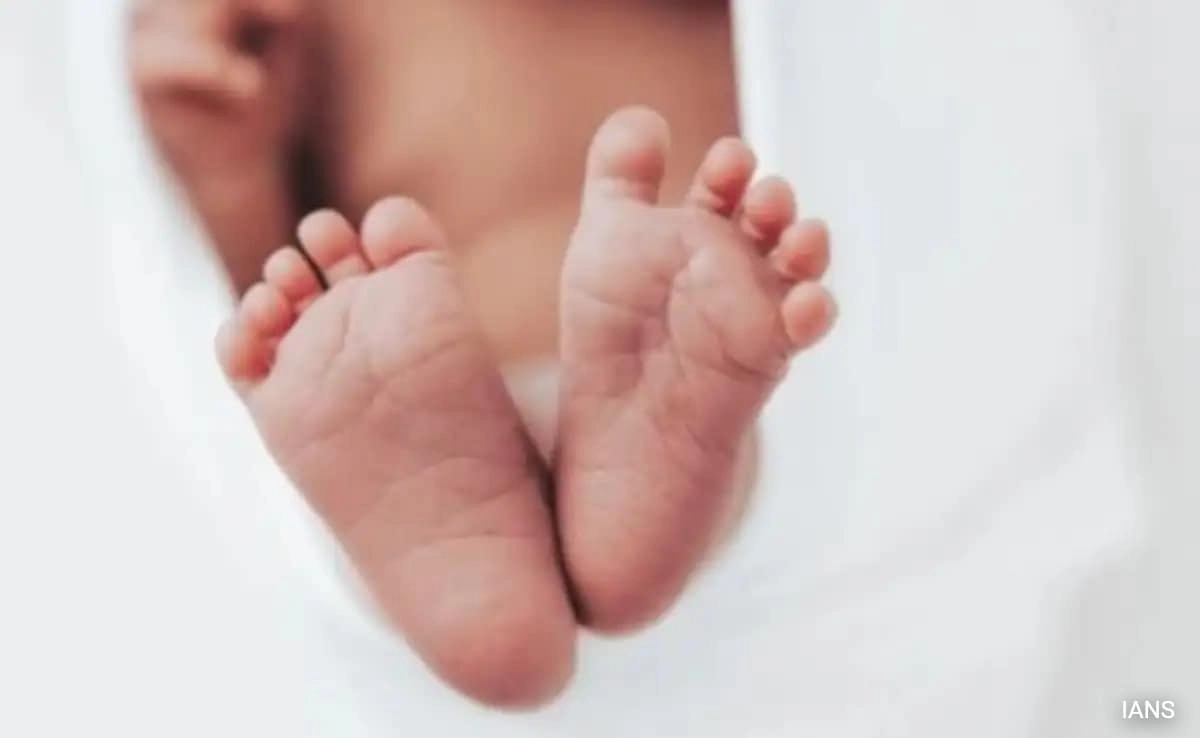In a remarkable scientific breakthrough that has captured the attention of both the medical community and the general public, a baby has been born from a 30-year-old frozen embryo, marking a historic milestone in reproductive technology. This extraordinary event showcases the potential of cryopreservation, a process that allows embryos to be frozen for extended periods, preserving their viability for future use. The birth, which took place in the United States, has reignited conversations about the ethics and implications of embryo storage and the evolving capabilities of assisted reproductive technologies.
The journey of this particular embryo began in the early 1990s when it was created as part of an in-vitro fertilization (IVF) process. For decades, it remained frozen in suspended animation, awaiting the day it could be brought to life. This long duration is unprecedented in the field of reproductive medicine, where embryos are typically used within a few years of being frozen. The successful birth of this child not only highlights advancements in medical techniques but also opens up new avenues for individuals and couples facing infertility, offering them hope where there was once uncertainty.
This event raises numerous ethical and philosophical questions about the nature of life and the rights of embryos. Critics argue that the prolonged freezing of embryos may lead to complex emotional and moral dilemmas for parents and society. Proponents, however, see it as a triumph of science that provides families with the opportunity to conceive even after years of waiting. The implications of this birth extend beyond individual families; they touch on broader societal issues such as the regulation of embryo storage, the future of reproductive options, and the potential for similar cases in the coming years.
As we advance further into the 21st century, the intersection of technology and human reproduction continues to evolve, challenging our understanding of life, parenthood, and the responsibilities that accompany such scientific capabilities. The story of this baby, born from an embryo that spent three decades in cryostasis, serves as a powerful reminder of the resilience of life and the extraordinary possibilities that modern science can offer. It invites us to reflect on the future of reproductive technologies and their implications for generations to come.




